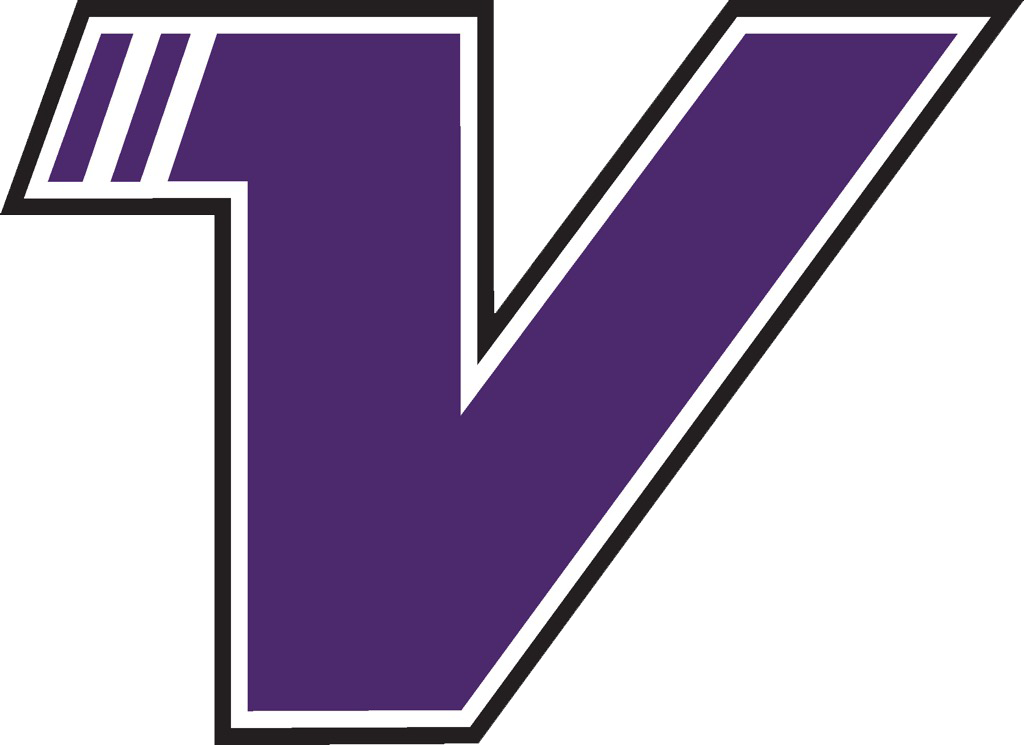

The calendar flips to November on Tuesday, which – in Canada – usually means that hockey seasons are in full swing. There will be numerous certainties at all arenas this November – from fast hockey being played (good), to individuals yelling at refs, linesman, and players (uncalled for). The thesis of this article is to shed some light on why yelling at the activities on the ice hinders more than helps.
Disclaimer*** this article is not targeted at any particular individuals or set of individuals. It is merely a piece that aims to reduce verbal abuse to officials, shed some light on how ineffective yelling is, and make hockey more enjoyable for players. As a coach, I have yelled at my fair share of refs but for those of you who have coached with me know that it happens very, very rarely for the reasons explained below.
For Parents/Coaches – The players can’t hear you. Why is this? I have no scientific clue. Plexiglass is not a sound barrier, and there isn’t a sheet of glass separating officials from coaches in the neutral zone. But ask any hockey player if they can pick out what their coach is yelling at them from 150 feet away, or what dad is yelling from Row A Seat B of the arena, and they will all say ‘not sure’. There is so much going on for a player, ref or linesman to be thinking about during a game – all happening at a rapid pace. This leads into my next point…
For Parents/Coaches – By the time the players brain processes the information yelled from the perimeter, the ‘picture’ has changed. If I hear my mom yelling ‘pass to number 23’ from the stands, by the time the persons brain receives the muffled information, visually sees the open player (most are looking at the puck), processes the open man, sends a signal to his/her hands to pass the puck, and the pass happens, that play to number 23 is probably a lesser option now. At the higher levels of hockey, hitting an open player is often a split-second decision. The PLAYER has to see it. How? By practicing good technique, in-game experience, and positive feedback via video review.
For Parents – It’s silly. Not that it matters what others think of you in life – but if you’re constantly yelling at refs, players, non-calls, and the timekeeper, you’re going to see people start to move away from your general location. Fast.
For Coaches – Refs are becoming an endangered species. Much like the Pine Marten and most species of Gorilla, officials are becoming an endangered species. I have asked former officials why they choose not to wear the stripes any more, and responses range from ‘work-life commitments’ to ‘it’s not worth giving up my Friday night to get verbally harassed for a couple hours, for average money’. I couldn’t agree more.
About 10 years ago, I used to referee a Monday Night Men’s League. One man system. This was an above-average mens league; the players could make a cross-ice pass from their own zone to the far blue (an impossible call for a one man system because of where you have to stand – it’s too far to be able to see if a player is a hair offside unless you have X-Ray vision). For the amount of verbal abuse I took that season, it just wasn’t worth the $Y an hour cash they were paying me.
If we want to keep officials – especially young officials – in the game, we as coaches have to lighten up on them. People make mistakes. The game is fast. Even the NHL guys make mistakes and have the fallback option of instant replay to get calls right now. These amateurs at local arenas don’t have that luxury. It’s a hard job, and if you don’t believe me, slap on the arm bands and go try it.
For Coaches – It’s Unproductive. As a coach, there is so much more to do on the bench than yell at players and officials. There’s line match-ups (if you’re into that), defence-forward line match-ups (if you’re into that), communicating with players who have just come off, communicating next line up (because the players will be looking back asking if you’re not on the ball), monitoring time on the clock and the succession in which you want to finish a period, special teams, players coming off banged up, etc etc etc. There’s a lot going on over there. The time it takes to yell at the refs about a non-call could have been used in a more productive fashion, no? See below for Tropics player-coach Jackie Moon doing it wrong – lighten up, this is a fictional movie. Funny as hell though. Please don’t do this. Warning – language.
For Coaches – Remember the Human Element. If someone is yelling at me all game long, there’s a good chance the referee says ‘f^*k you’ in the back of his or her mind when there’s a 50/50 marginal call to be made towards the end of the game. There is a human element to the gig – no ref will admit that without a couple of post-game sodas, but I truly believe this is more fact than fiction.
For Parents – It’s Controlling. I have said this to friends – “if you want to control athletes in the field of play, turn on the PlayStation and play video games”. Hell, the graphics are so good, it’s about the same as the real thing now a days! In all seriousness, trying to tell athletes where to be, where to go, and what to do during a game is not fostering creativity. Creativity is so important in sports and life. Let the players experience, succeed, and make mistakes on their own accord and trust the coaches to correct those mistakes in a manner that is constructive.
Until Next Time,
AP
